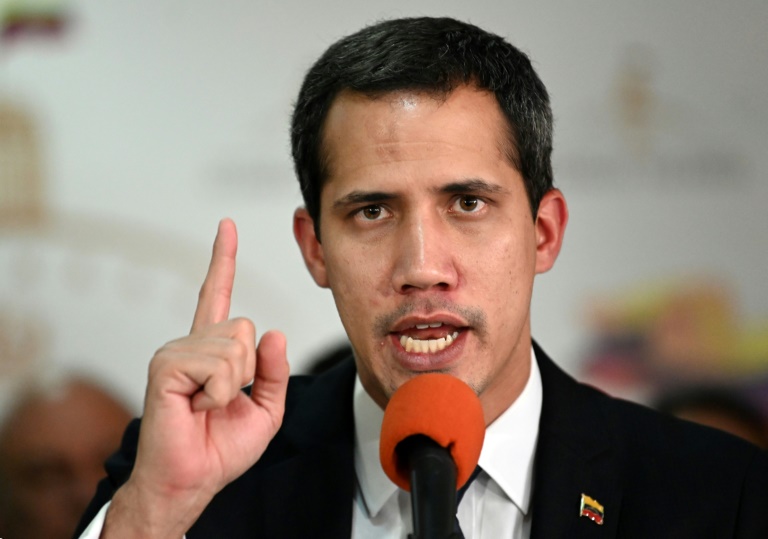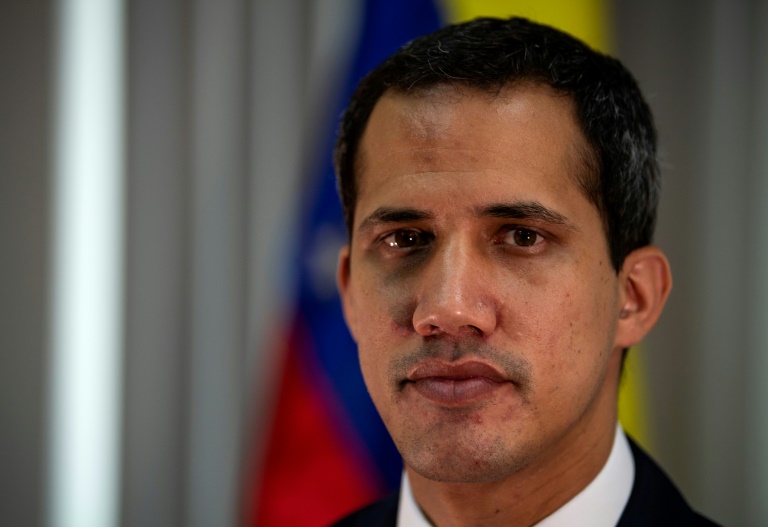It seems that the gap between scholarship and reality remains unbridgeable. Much ink has been spilled studying Egypt and its political prospects. Most of it seems to have been off the mark. We learned that Egyptian society has been thoroughly Islamized; we read volumes about mosque networks, social welfare circles, identity politics, symbols, rituals, etc. But when Egyptians finally revolted none of this came to play. The demands were non-ideological; the participants were people who never got involved in social or political movements; and the urban heart of the revolt was Downtown Cairo (a neighborhood Islamists rarely demonstrated in).
Again, we were bombarded with articles about cyber movements, social network sites, and the like. Yet when the government shut down the cell-phone and Internet services at the beginning of the turmoil, there was virtually no effect. When asked, many demonstrators had never even heard of Facebook.
Experts warned of the “revolt of the poor”, i.e., the starving inhabitants of the inhumane shantytowns that engulf the capital. But spearheading the revolt were the country’s best and brightest. Among them, credit officers, stock market investors, and car dealers (each worth several million pounds), in addition to dozens of actors, pop singers, and other celebrities.
Nineteenth-century doctrines about the passiveness and incurable fatalism that plagues Muslim societies (justifying the “democratic exception”) were still circulating when Egyptians were pushing back security forces with the black helmets and batons, torching armored vehicles, and mailing tear gas canisters back to their sender.
Studies warning of the dissolution of social bonds in Egypt, and the absence of modern civil society values failed to explain how doctors formed voluntary medical committees and residents created neighborhood watch groups (to guard against plain-clothed police thugs spreading mayhem), and–my favorite–cleaning committees to pick up the food wraps and soda cans left by demonstrators on the streets (Trotsky says revolutions are impolite because rulers never bother to teach people manners when they have the chance to do so; but in Egypt it was as polite as it gets).
What are the prospects for the future? The revolt might melt away in the absence of political organizations or an identifiable leadership (thanks to decades of security disruptions and detentions). The demonstrators might successfully convince their demigod rulers to implement some desperately needed reforms. Or the revolution might advance unhindered to its final destination (which no one knows exactly). But one thing is for sure: Whether or not the Egyptian people’s revolt was defeated, Middle East scholars have just been dealt another blow on the head–a real hard one!
If scholarship has failed the revolutionaries, they too have failed scholarship. The revolution–gallant as it may be–has so far benefited little from what revolution theorists had to offer. A cursory look at the history of popular revolts suggests the following:
– Popular uprisings eventually subside if demonstrators do not take the initiative and suffice with demanding concessions from the old regime (such as asking the president to step down) because people cannot keep coming out, and state institutions (such as the military), as well as other countries cannot be asked to chose between an established regime and a vague body called “the people”. In revolutions, you cannot stand still; if you do not move forward, you will be pushed backward.
– To transform a popular uprising into a revolutionary situation, demonstrators must create a situation of “dual power”. Demonstrators must immediately elect a governing body and charge it with managing everyday life (coordinating neighborhood watches, administering food distribution, negotiating with foreign governments, and so on).
– This governing body can then demand recognition by the people, state institutions (such as the military), and other countries as a new political power.
– This state of polarization between an old fading power and a new rising one is what eventually destroys the existing regime.
As long as demonstrators fail to apply this recipe, the power struggle will come to resemble a chessboard where one side makes all the moves and the other merely blocks its advances. The absence of a strategy for victory transforms a potentially revolutionary situation into a waiting game where the only option revolutionaries have is to keep their fingers crossed and pray for their rivals to lose–a truly sad situation, considering that the heroes of Tahrir demonstrated that they have all it takes to follow through. Revolutions, however, are won by strategy not stamina.




